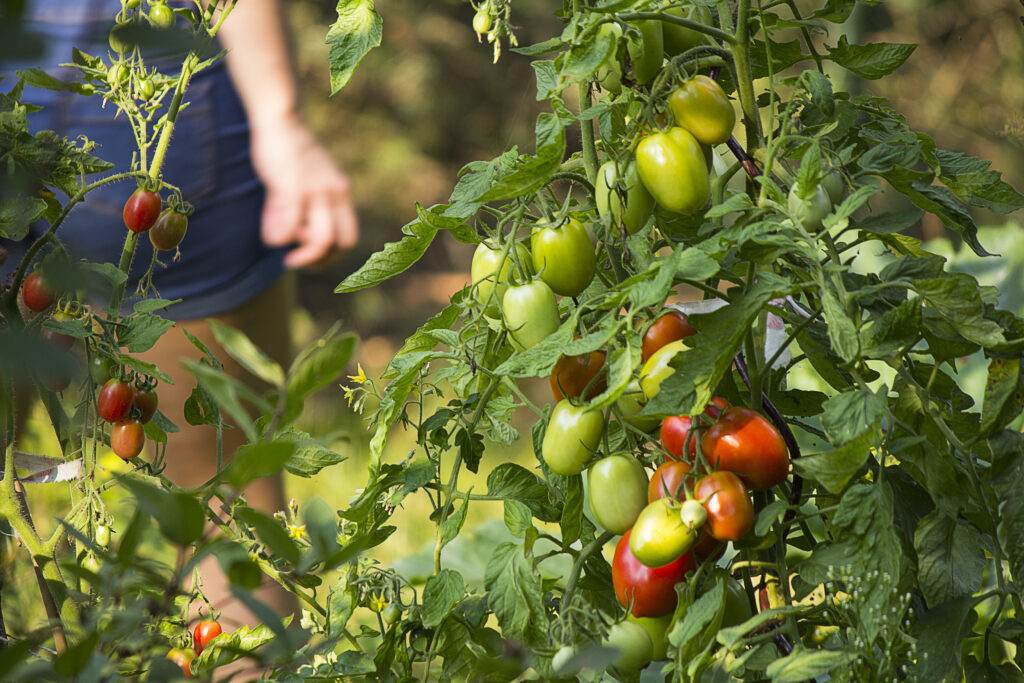Summary: This study explored the effects of legume-derived protein hydrolysates (PHs) on tomato plants (Solanum lycopersicum L.) under both optimal and sub-optimal nitrogen (N) conditions. The focus was on growth, mineral composition, and the molecular mechanisms underlying N metabolism. Tomato plants were either untreated or treated with PHs via foliar spray or substrate drench, and various physiological and genetic parameters were measured.
The application of legume-derived protein hydrolysates (PHs) in tomato production can significantly enhance plant growth and nitrogen nutritional status, particularly under optimal nitrogen conditions. The study highlights the molecular mechanisms by which PHs improve N metabolism, showing that substrate drench application is especially effective. These findings support the use of PHs as a beneficial biostimulant in vegetable production systems, potentially leading to increased crop yields and improved nutritional quality under varying nitrogen levels.
Publication: Frontiers in Plant Science









